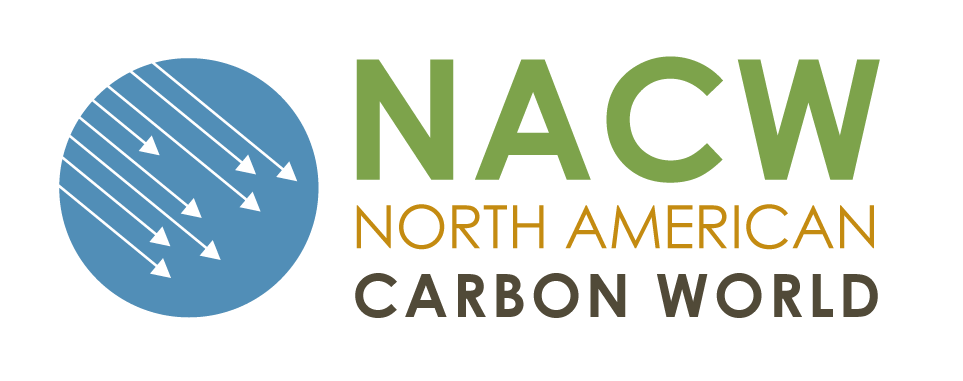In August 2008, Mexico’s six Border States, California, the Pacific Gas & Electric Company, and the Climate Action Reserve signed a “Memorandum of Understanding” (MOU) agreeing to work cooperatively to develop quantification and verification protocols for GHG emission reduction projects in Mexico. The MOU calls on the Reserve to develop protocols that “would ensure the integrity of emission reductions from projects in Mexico designed to reduce greenhouse gas pollutants.”
Pursuant to this MOU, the Climate Action Reserve has adapted its Livestock Project Protocol for eligible GHG reduction projects in Mexico. This protocol provides a standardized approach for quantifying and monitoring the GHG reductions from livestock methane destruction projects within the Mexican states. The protocol defines what types of projects are eligible to receive credits, describes how to quantify emission reductions, and describes how to monitor and verify projects so that project emission reductions can be registered by the Reserve.
As a result of this adaptation and development process, the Reserve has produced the Mexico Livestock Project Protocol applicable to projects throughout Mexico. The protocol was first adopted by the Reserve Board on July 1, 2009 and the revision was adopted on September 29, 2010.
Version 2.0
The Mexico Livestock Project Protocol policy revision consisted of minor edits and clarifications as well as the significant revisions listed below. Please see the Summary of Revisions document below for a detailed discussion of the changes.
Mexico and U.S. Livestock Project Protocol Summary of Revisions (September 29, 2010) (English | Spanish)
- Revised start date to reflect new start date policy
- Added opportunity for second 10-year crediting period
- Updated guidance and presentation of GHG Assessment Boundary
- Added new standardized equation to account for digester venting events
- Added CO2 from electricity consumption to emission calculations
- New verification options to reduce verification costs
- Incorporated verification guidance section
Public Comments
The public comments received during the public comment period and the staff responses to public comments are available below.
| AgRefresh | Sage Metering, Inc. |
| Camco International Group Inc | TerraPass Inc. |
Staff Response to Public Comments on Draft Livestock Project Protocol Version 3.0
Version 1.0
- Livestock Project Reporting Protocol – Mexico Version 1.0 (English | Spanish)
- Livestock Project Verification Protocol – Mexico Version 1.0 (English | Spanish)
- Summary of Changes from U.S. Version 2.1 (English | Spanish)
Adaptation Process
The protocol adaptation process has involved relevant sector-specific stakeholders in Mexico who have addressed issues such as:
- Regulatory requirements for livestock operations in Mexico
- Identifying common practices that affect methane emissions
- Adapting equations and emission factors for GHG emissions in Mexico
- Adjusting project monitoring and verification activities
Public Comments
| CappyMex | DNV Mexico | Ecosecurities |
The Reserve received 3 sets of public comments on the livestock protocol. The public comments received informed final revisions to the two protocols. The following document contains a summary of public comments and responses:
Staff responses to public comments (English | Spanish)
Workgroup
| Cappy Mex |
| Comisión de Cooperación Ecológica Fronteriza (COCEF) |
| Comisión de Estudios del Sector Privado para el Desarrollo Sustentable (CESPEDES) (BCSD-México) – Programa GEI México |
| Confederación Mexicana de Porcicultores (Gestión Ambiental) |
| Confederación Mexicanos de Porcicultores |
| Confederación Mexicanos de Porcicultores (Mérida, Yucatán) |
| Consultor Independiente |
| CYSTE |
| Ecosecurities |
| El Colegio de la Frontera Norte |
| Estado de Chihuahua |
| Estado de Coahuila |
| Estado de Nuevo Leon |
| Estado de Sonora |
| Fideicomiso de Riesgo Compartido (FIRCO-SAGARPA) |
| Grupo Porcicola Mexicano |
| Instituto de Investigaciones Económicas, UNAM |
| Instituto de Investigaciones Eléctricas (IIE) |
| Instituto Nacional de Ecología (INE-SEMARNAT) |
| Instituto Nacional de Investigaciones Forestales, Agrícolas y Pecuarias (INIFAP-SAGARPA) |
| SEMARNAT – Programa GEI México |
| SEMARNAT – Proyectos para Cambio Climático |
| SEMARNAT – Regulación Ambiental Agropecuaria |
| Secretaría de Energía (SENER) |




